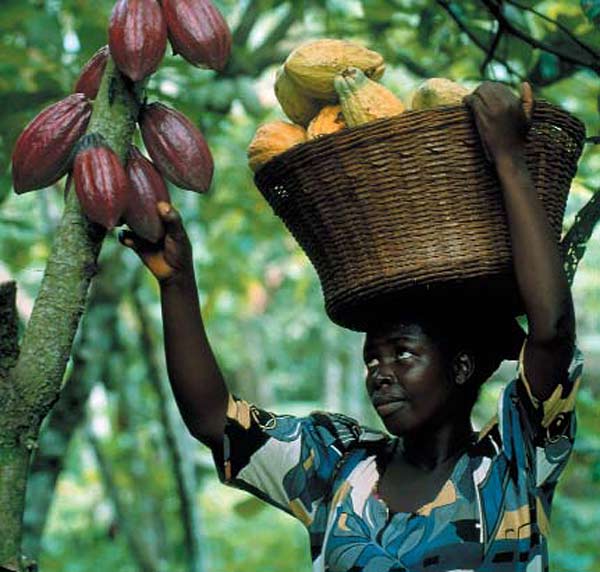The All Farmers Association of Nigeria (AFAN), on Sunday, appealed to the government to address the problem of post-harvest losses eroding gains of many farmers in the country.
The association`s Technical Adviser, Dr Tunde Arosanyin, made the appeal in Abuja in an interview with the News Agency of Nigeria (NAN),
He asserted that the prevalence of such post-harvest losses was a threat to the nation`s quest for food sufficiency.
“We (farmers) are being faced with preservation problems.
“There are lots of challenges in preserving our farm produce after harvest, which constitute to about 30 to 35 per cent loss of some of farm produce that we laboured for.
“When you visit Kano, you will see a lot of tomatoes being wasted after four days of harvest and same thing in the south you will see some banana rotten away.
“Even some goods that are meant to be exported to European countries like perishable goods are littering the ports because of the delay, which poses serious losses to the owners.
“Our preservation and silo policies have to be reviewed urgently to save us the stress of counting our losses instead of gains,” he added.
The AFAN’s technical adviser also urged the government to allocate more money to the agriculture sector in line with the Maputo Declaration.
“If you look at this year’s budget, it is small to use agriculture to drive the country’s economy.
“The Maputo Declaration which states that all African countries are to allocate 10 per cent of its annual budget into agricultural sector is not in place.
“The agriculture budget is about 1.6 per cent and not even up to two per cent, which is far from the declaration.”
Arosanyin also canvassed for soft loans to farmers with less cumbersome procedures of accessing such funds to enable them increase agricultural output.
“Most of the financial institutions are not capitalised and most especially, Bank of Agriculture, which is referred to as farmers’ bank, do not have liquidity to be able to give credit to farmers.
“Funds for farming are not available, whether it is one or two digits it is not even available and if it is available, maybe less than 20 per cent of farmers will be able to access it,” he said.
According to him, there are a lot of conditions attached to accessing credit facilities by farmers and it is far from the reach of peasant farmers to meet up.
“In some situations, farmers are expected to come in a cluster or a group of cooperative about 10 to 20 and open an account in the nearest Bank of Agriculture, which might be 60 kilometres from their farms.
“They are expected to service the account for six months before accessing loan.
“This means, they have to leave their farming operations and travel each time they want to make deposit or withdraw, which is a lot of discomfort.
“At the end, they will expect the farmers to have about 20 per cent of what they want to request from the financial institution, which is difficult for them to save,” he said.
He added that the issue of collateral was a big challenge, adding that asking farmers to come with Certificates of Occupancy when most of them do not even have landed property to secure loan was unrealistic.
“We are looking inward to see how we can advise government to repackage some of these incentives, especially loan in a way that they will not be attractive to political farmers.
“They can easily hijack the fund and use it for other businesses outside productive activities in the agricultural sector.
“AFAN wants to look at the similar policy they had during the Operation Feed the Nation (OFN), where a farmer applied for N100,000 for example, 60 per cent of that fund comes in term of inputs and 40 per cent on labour, planting, harvesting and process,“ he said. (NAN)



Leave a Reply